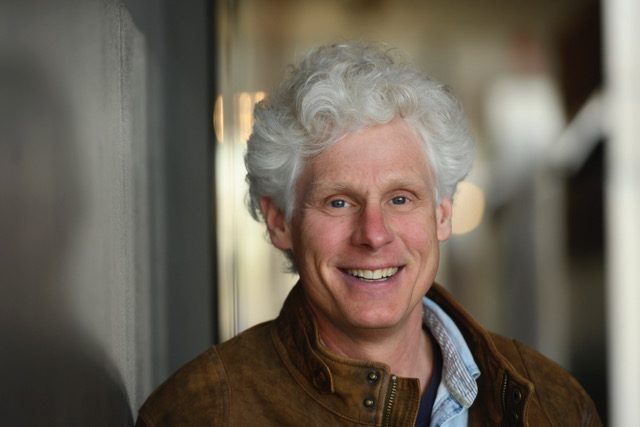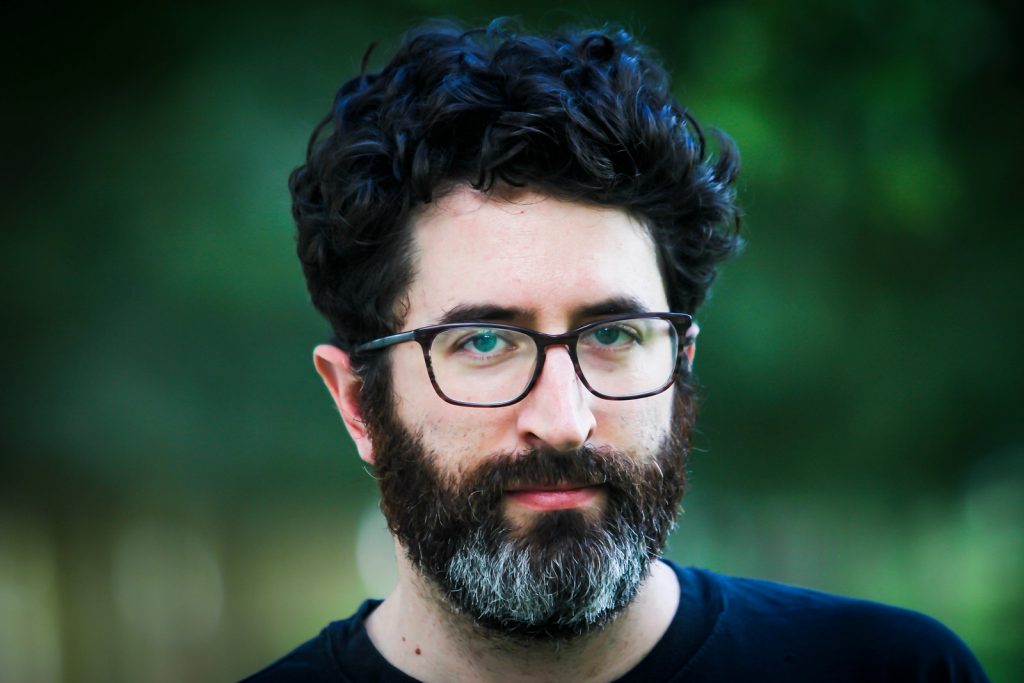Promotional support is brought to you by the Power of Narrative Conference, celebrating its 26th year on the last weekend of March 28 and 29. 300-400 journalists from around the world are coming. Keynote speakers Susan Orlean, Connie Schultz, and Dan Zak will deliver the knowledge. Listeners of this podcast can get 15% off your enrollment fee by using the code CNF15. To learn more visit combeyond.bu.edu … and use that CNF15 code.
By Brendan O’Meara
When Andrew Dubbins locks into a story idea, it’s got to tick (tic?) certain boxes. Above them all is it’s got to have a story engine, it’s got to be cinematic.
And so it is with his story for The Atavist Magazine, “The After Dark Bandit.” This is a wild story about twin brothers who robbed banks at the same time, thus confounding authorities about how, it would appear, one guy was knocking off two banks at the same time.
Andrew is the author of Into Enemy Waters: The Story of the WWII Frogmen Who became the Navy SEALs. He was journalist of the year by the LA Press Club in 2020, and his work has appeared in Men’s Health, Slate, the LA Times, Smithsonian, Alta, and The Daily Beast.
Continue reading “Episode 445: For Andrew Dubbins, It’s About the Love of the Story”




